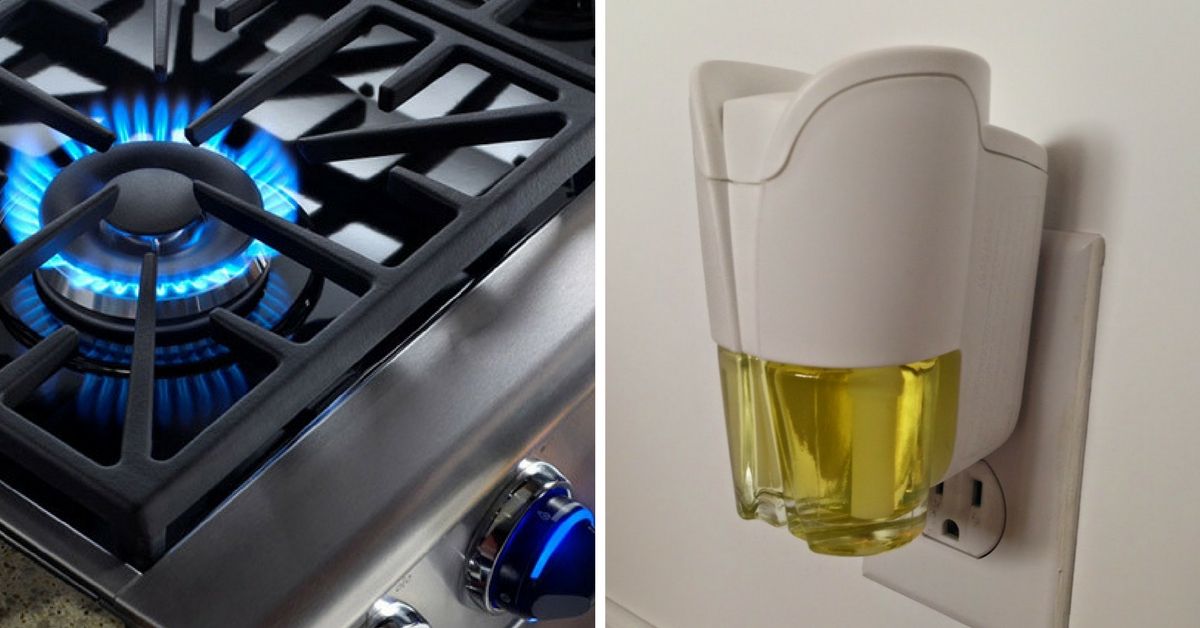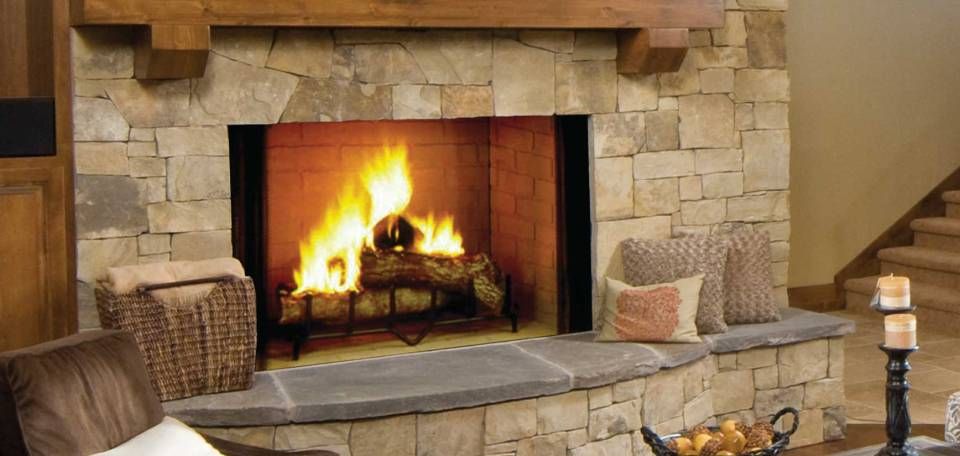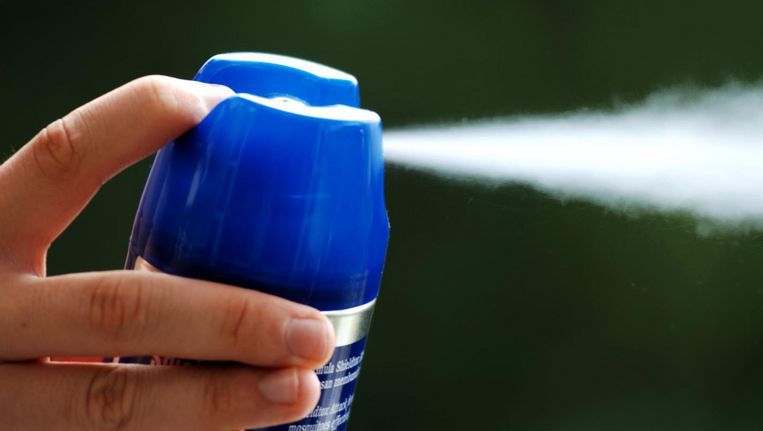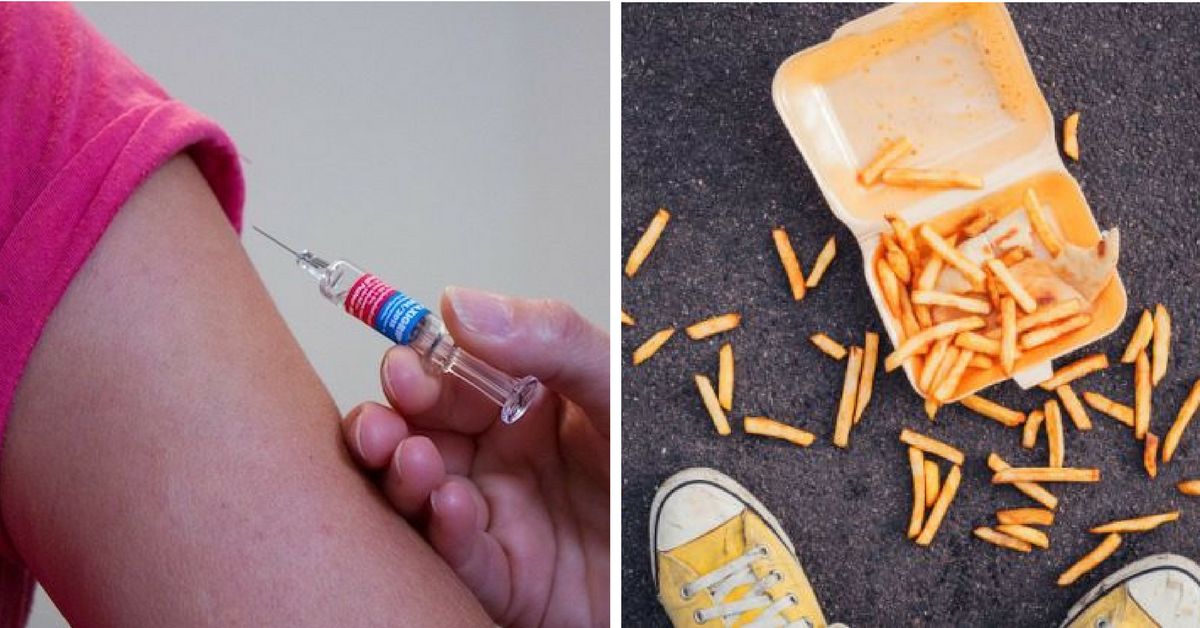We try our best to make sure our homes are the safest place possible for our family, but sometimes things slip by that we had no idea were unsafe. There are things throughout your home that are creating air pollutants, and sometimes even poisoning the air you are breathing in every day.
Overtime, these pollutants can cause strokes, heart disease, asthma and sometimes even lung cancer. Here are seven things you have in your house that are causing air pollution and how you can make them safer.
1. Candles
Candles are an awesome way to fill your house with a beautiful smell and also create a peaceful ambiance. The problem with scented candles is that they release harmful formaldehyde.
Formaldehyde is a respiratory irritant that causes chest pain, shortness of breath, coughing, and nose and throat irritation, according to the ATSDR. It can also cause cancer, and has been linked to an increased risk of asthma and allergies in kids. Beeswax or soy candles are better options if you love candles.
2. Wood-Burning Fireplaces
Although wood-burning fireplaces are very cozy and a great way to heat your home, they can also be polluting your air. Depending on the size of the room, a fire can create high levels of particulate pollution and carbon monoxide exposure in your home.
Once inhaled, these particles can affect the heart and lungs and cause serious health effects. To avoid this, make sure the room your fireplace is in is very ventilated.
3. Paint
Don't worry, it's not the paint on your walls that is causing air pollutants, it's where the paint came from. When you finish painting and store your paint cans in the garage, the cans can release VOC gases that can affect air quality and impact breathing.
To avoid this, try to buy paints that are the least toxic. The best thing to do with leftover paint is to use it up. If you can't use it, give it to someone who can.
If you already have paint cans in your garage that you don't want to part with, you should make sure they are sealed. Make sure the lid is secured to prevent leakage. Then store sealed cans upside down to create an airtight seal around the lid.
4. Granite Counters
These expensive and very good looking countertops can produce radon, which is a naturally occurring radioactive gas. Radon is one of the leading causes of lung cancer in the US. Luckily, granite doesn't significantly produce radon.
You're more likely to be exposed to radon through cracks in your walls or in the foundation. So, look for these cracks and repair them right away. In the meantime, you can buy a radon test kit for your home.
5. The Stove
The flames from your gas stoves are creating nitrogen oxide emissions. Nitrogen oxide causes respiratory problems. Nitrogen dioxide inflames the lining of the lungs, and it can reduce immunity to lung infections. This can cause problems such as wheezing, coughing, colds, flu and bronchitis.
You don't need to get a new stove, but you should be turning on a overhead fan when cooking, as well as opening a window.
6. Air Fresheners
Air fresheners, although nice smelling, release hundreds of chemicals with each spray. These chemicals can cause migraines, asthma attacks, and breathing troubles. Instead of turning to chemical sprays to make your house smelling nice, try natural deodorizers that are cheaper, healthier and actually work.
7. Cleaning products
Like air fresheners, cleaning products are filled with chemicals and also release VOCs. Try using unscented products or all natural ones. If you're stuck on chemical cleaners, try your best to not directly breathe them in when you're using them, and open a window while you're cleaning.
When using any of the household items, make sure you are taking the right precautions and keeping yourself as well as your entire family safe.



